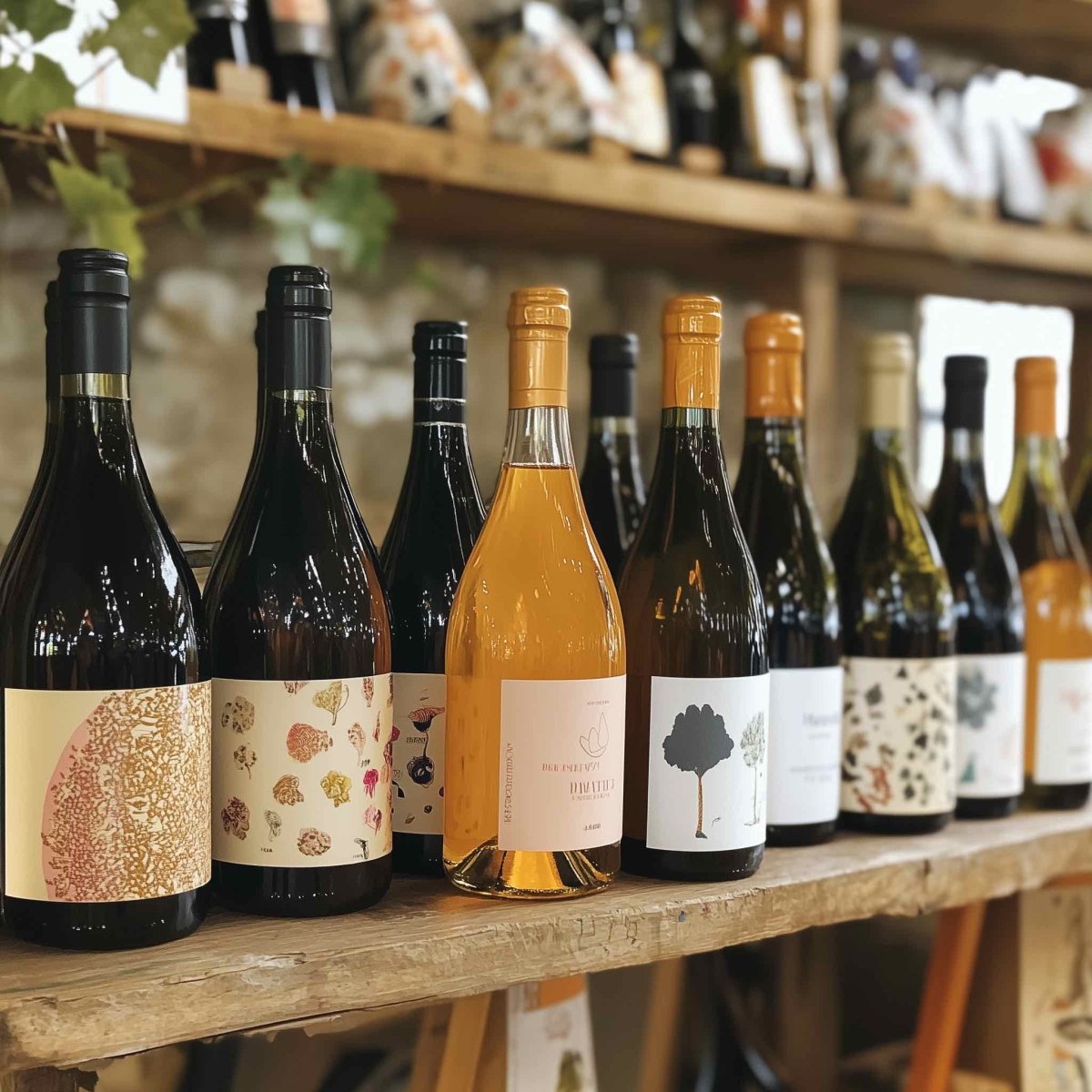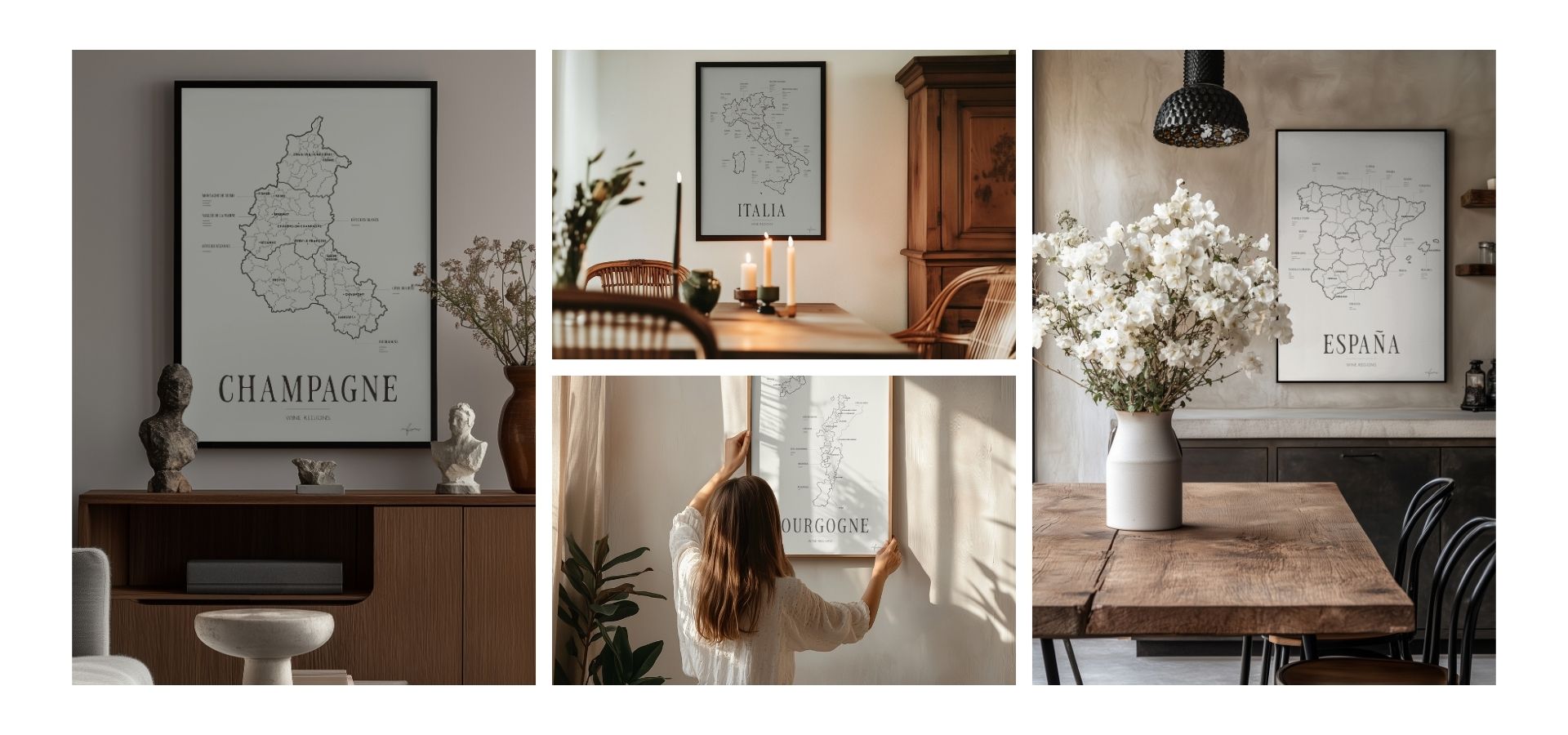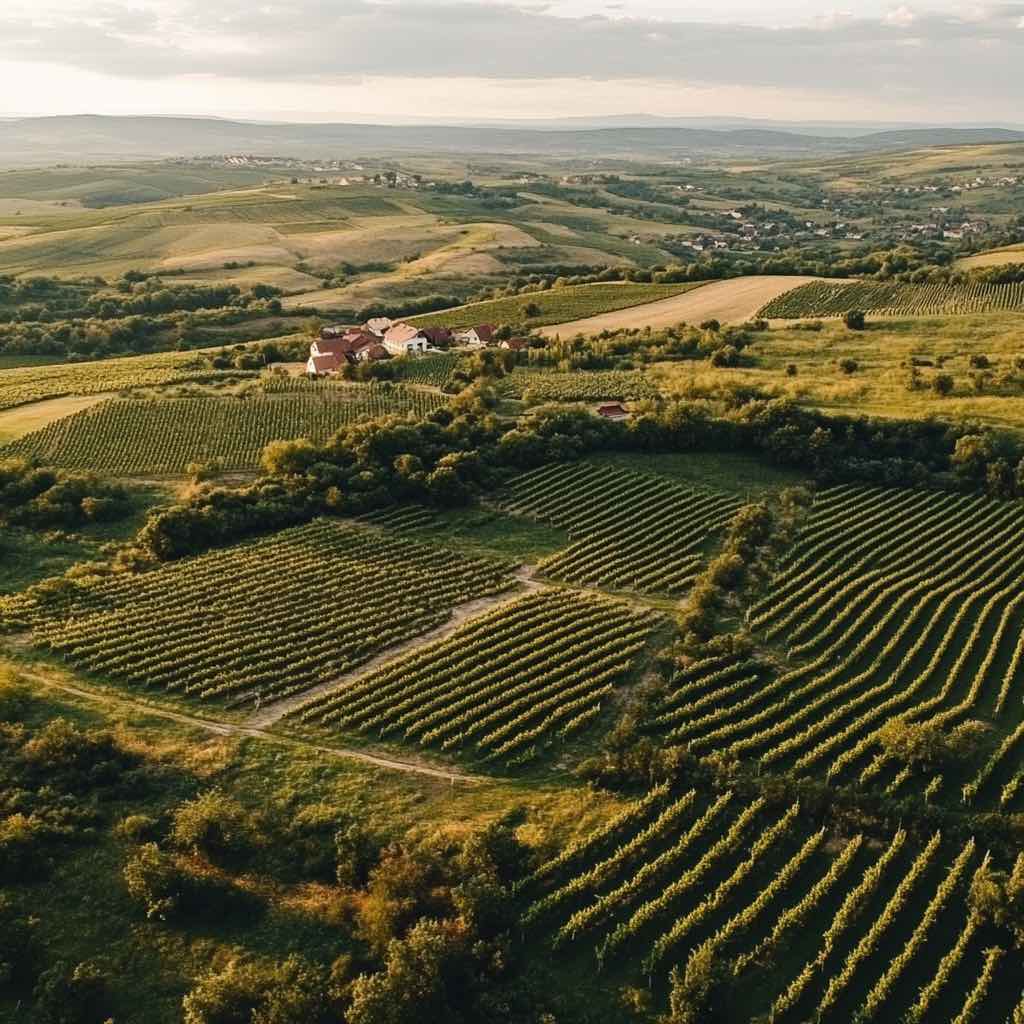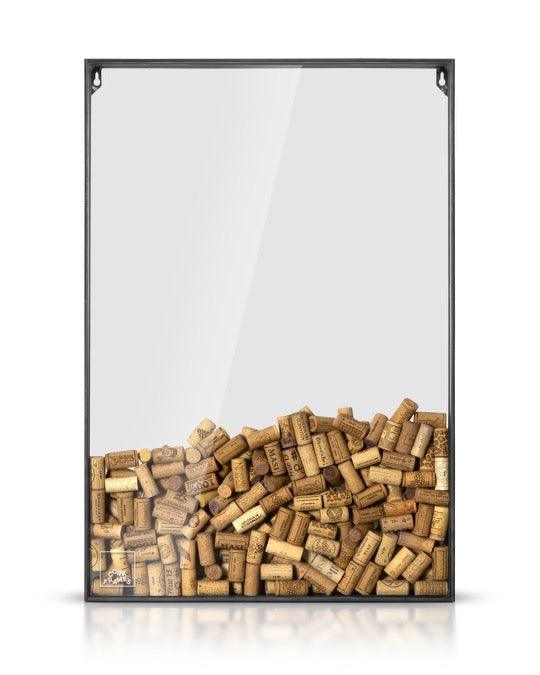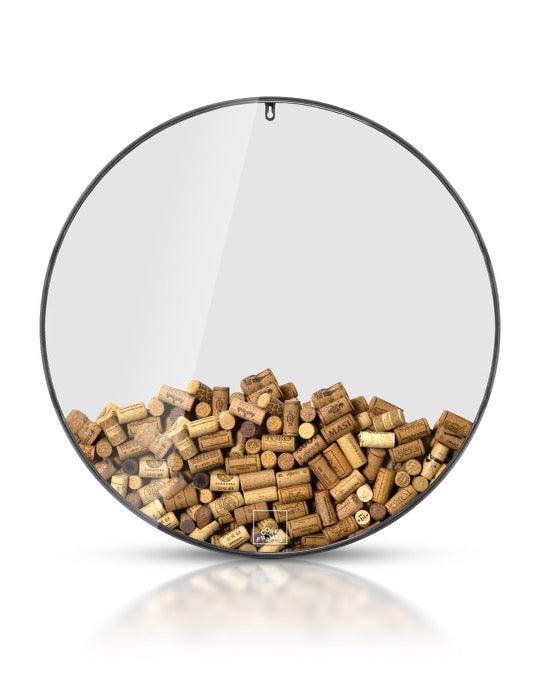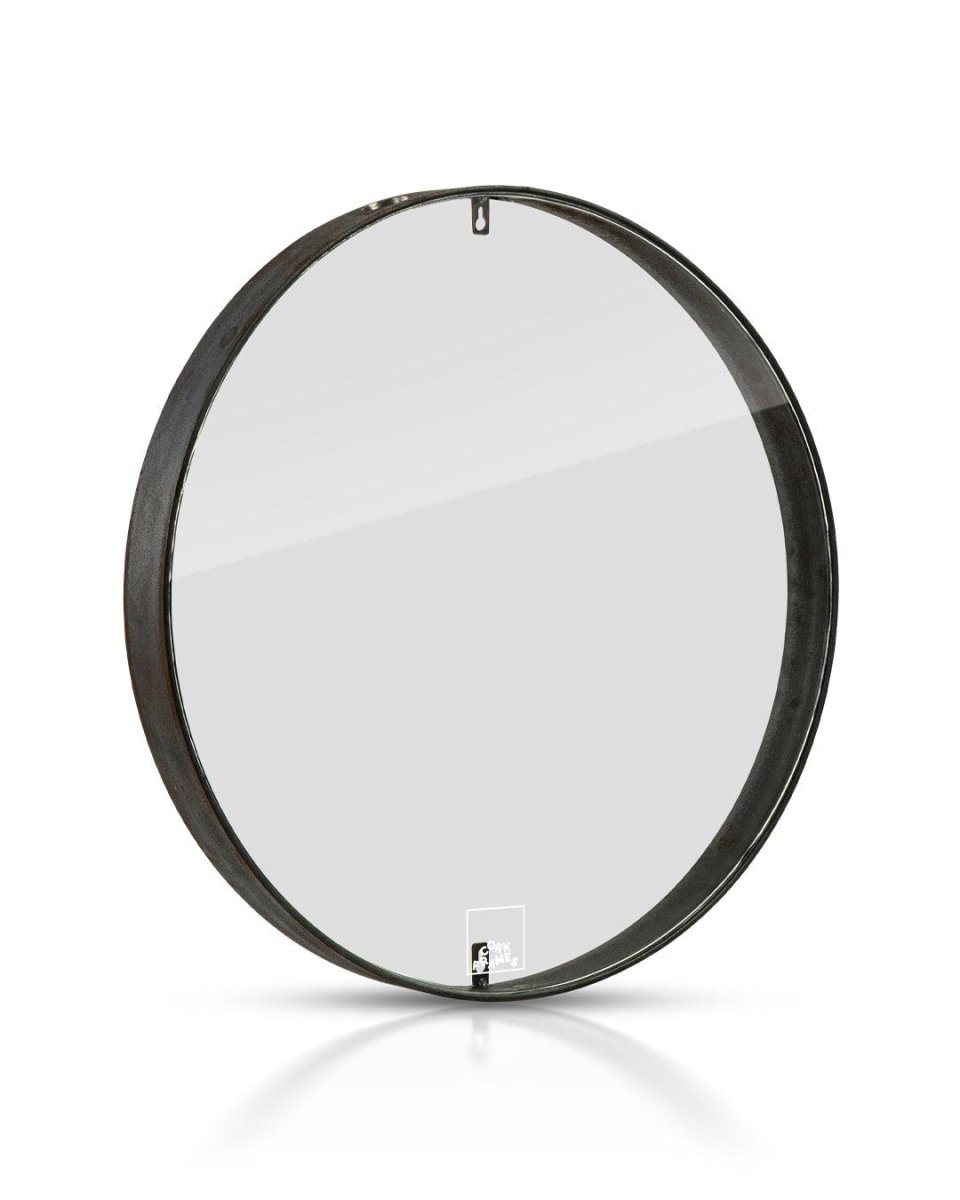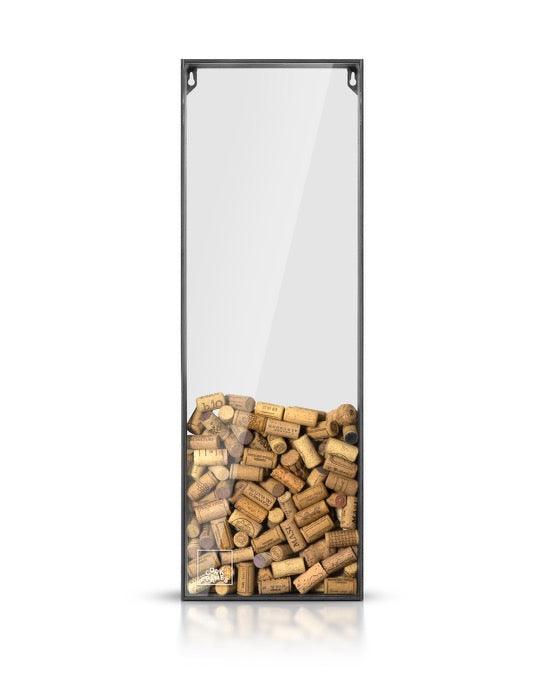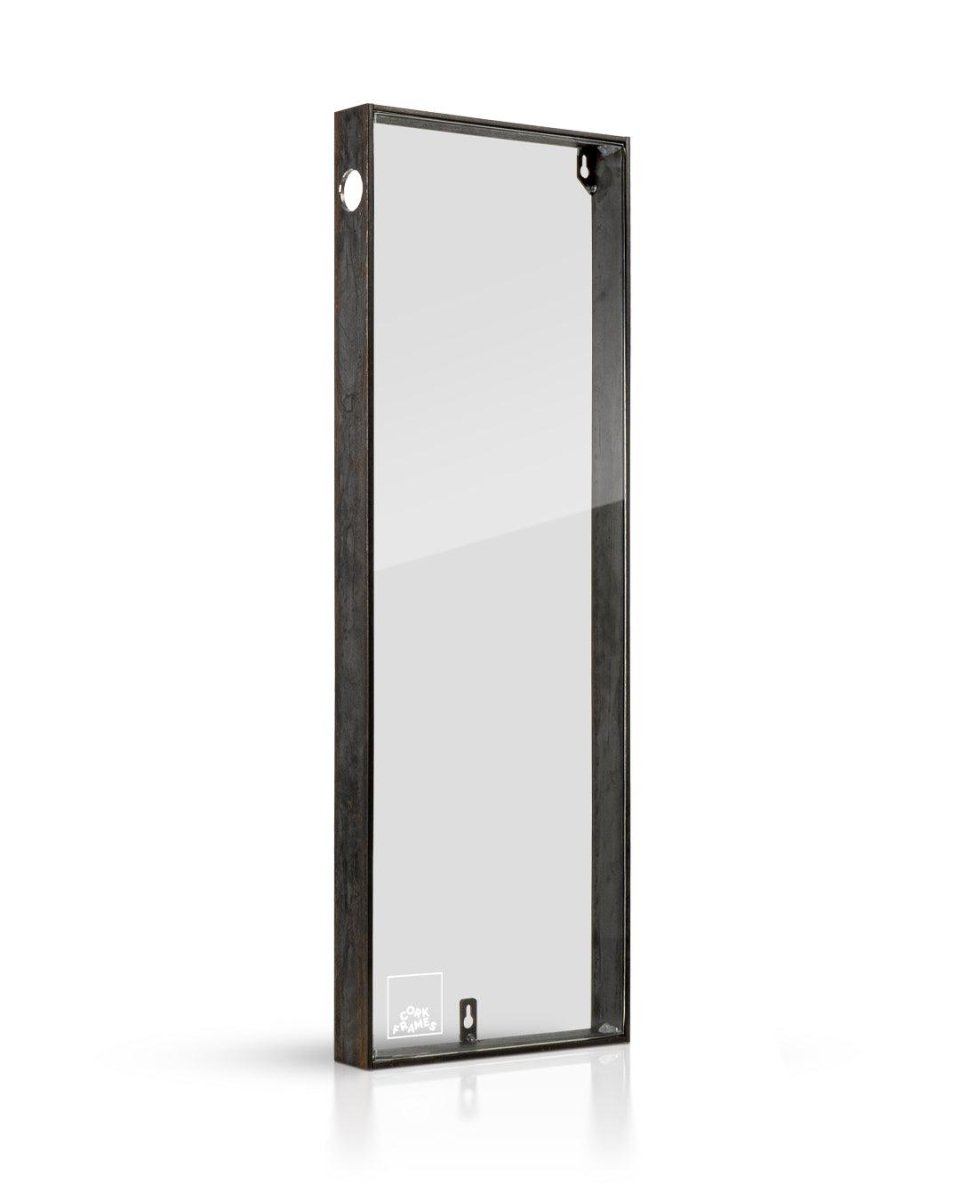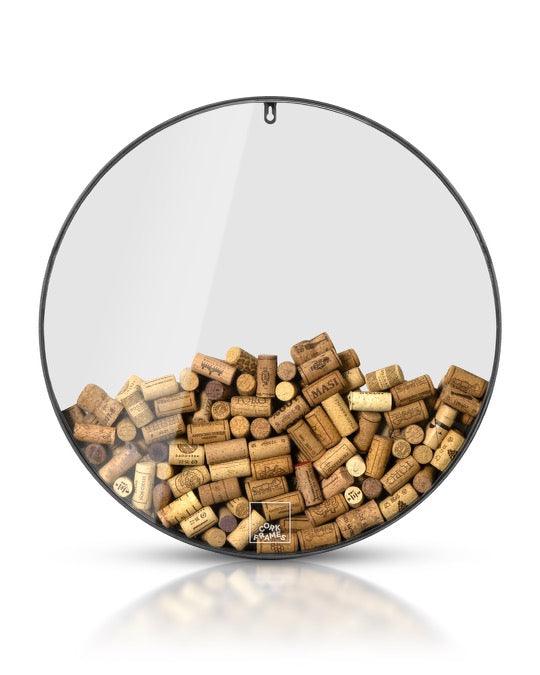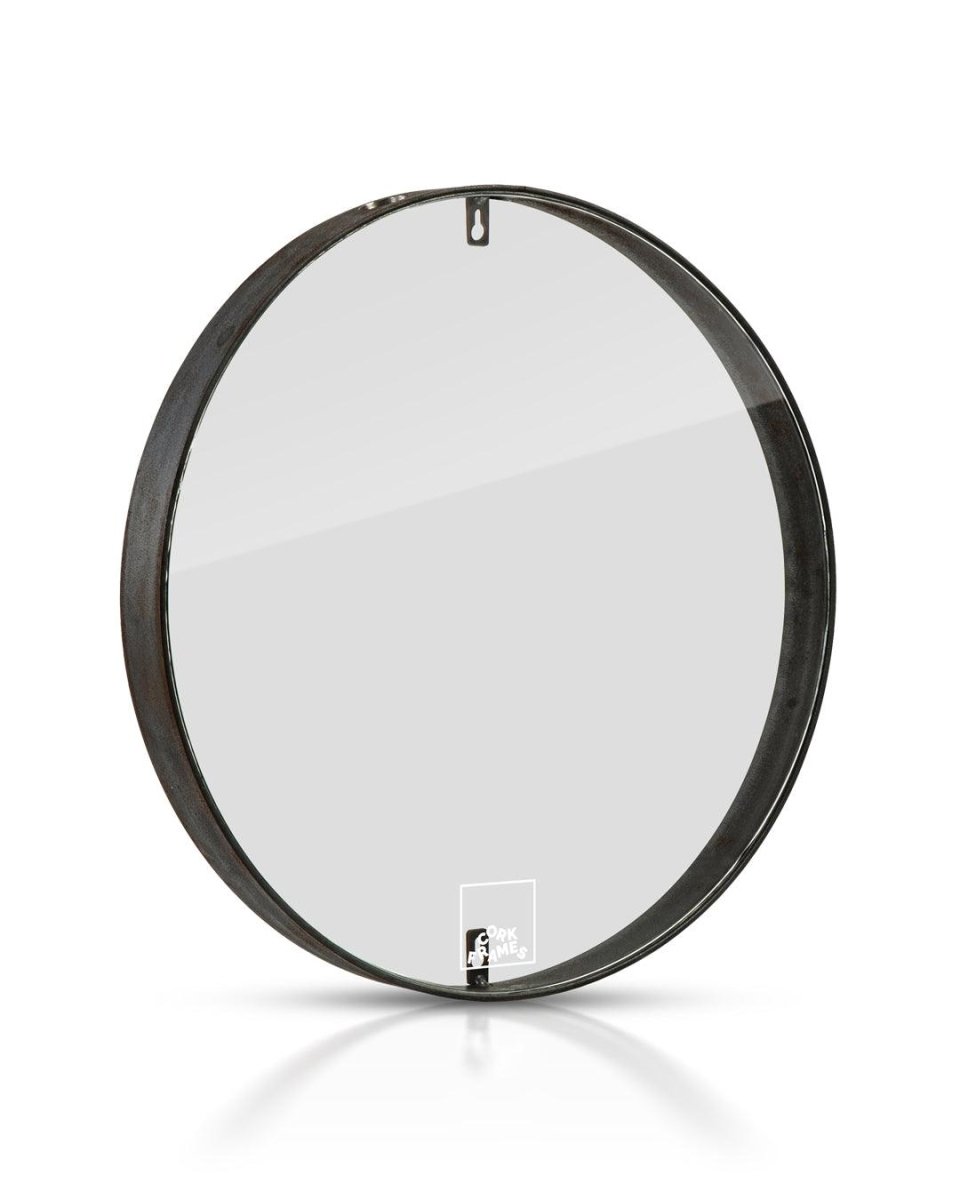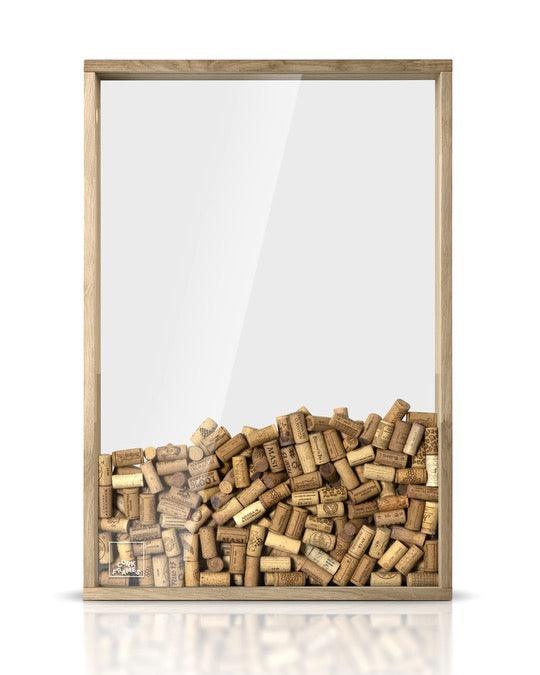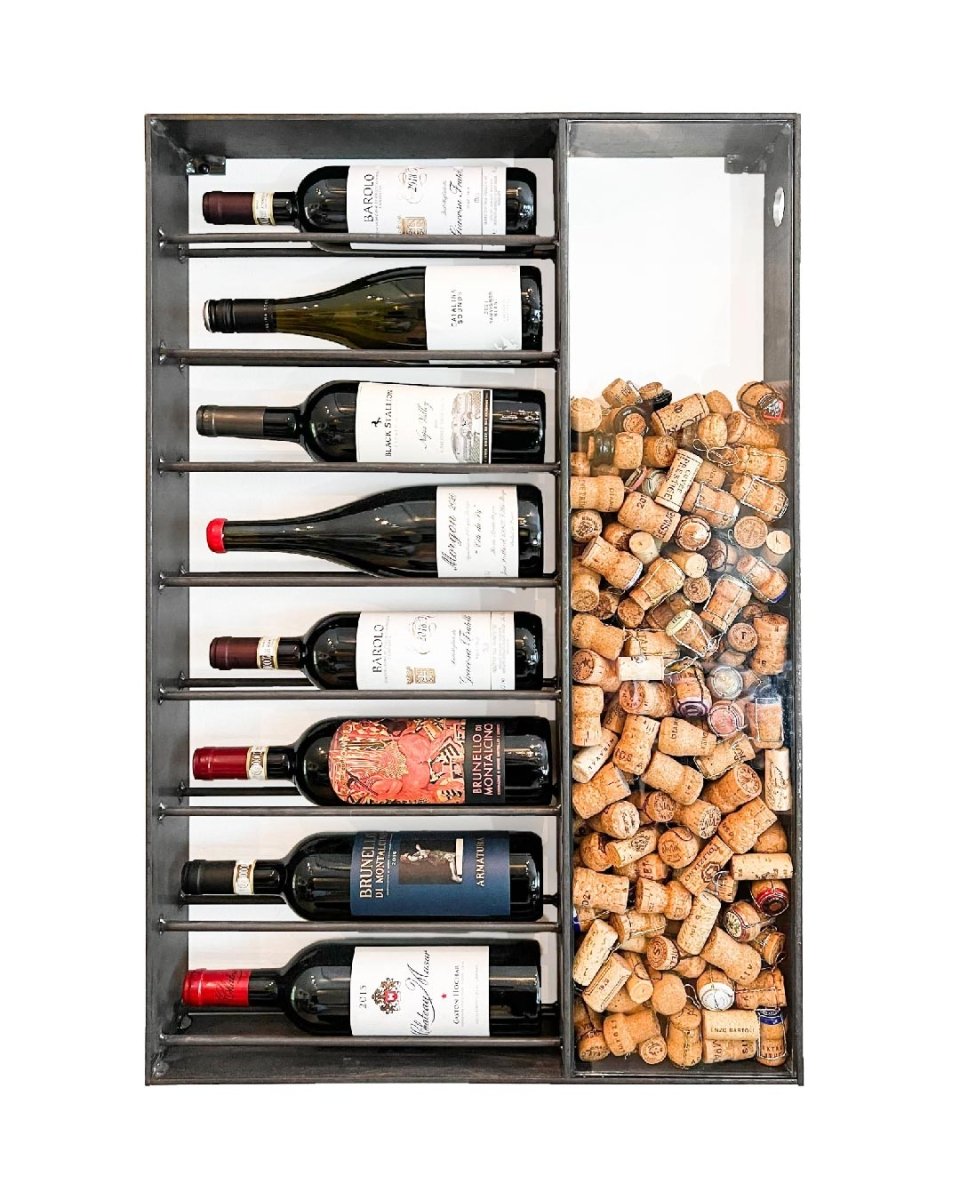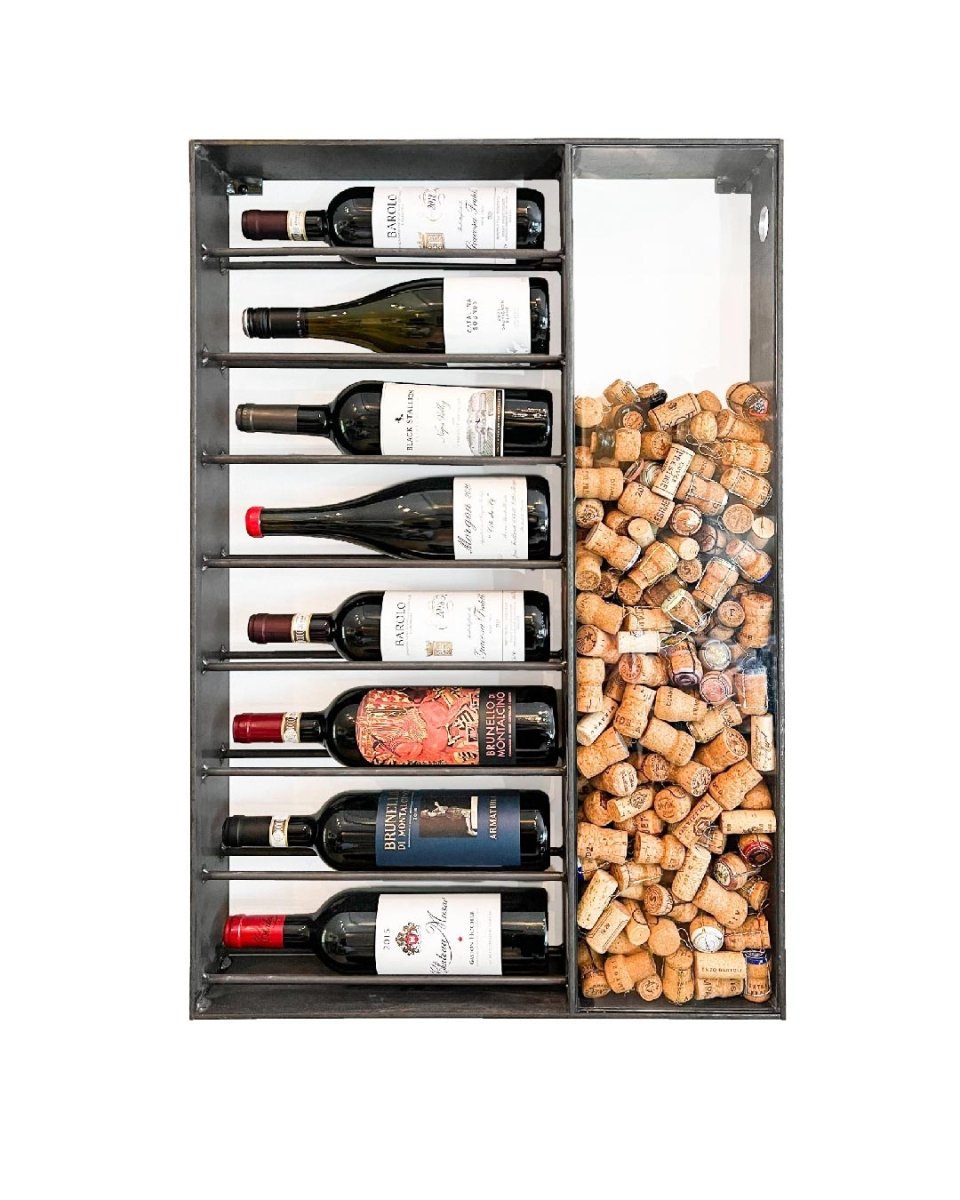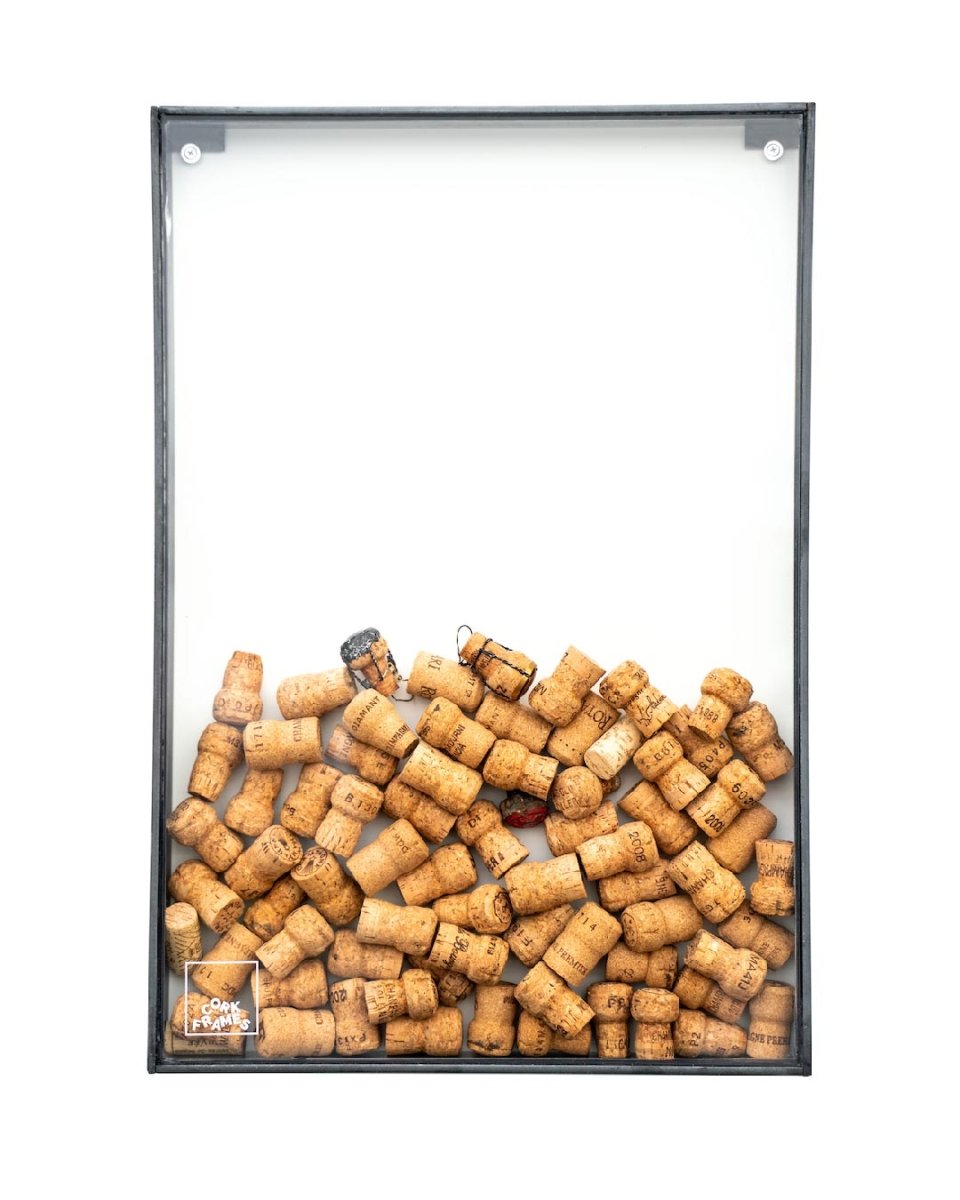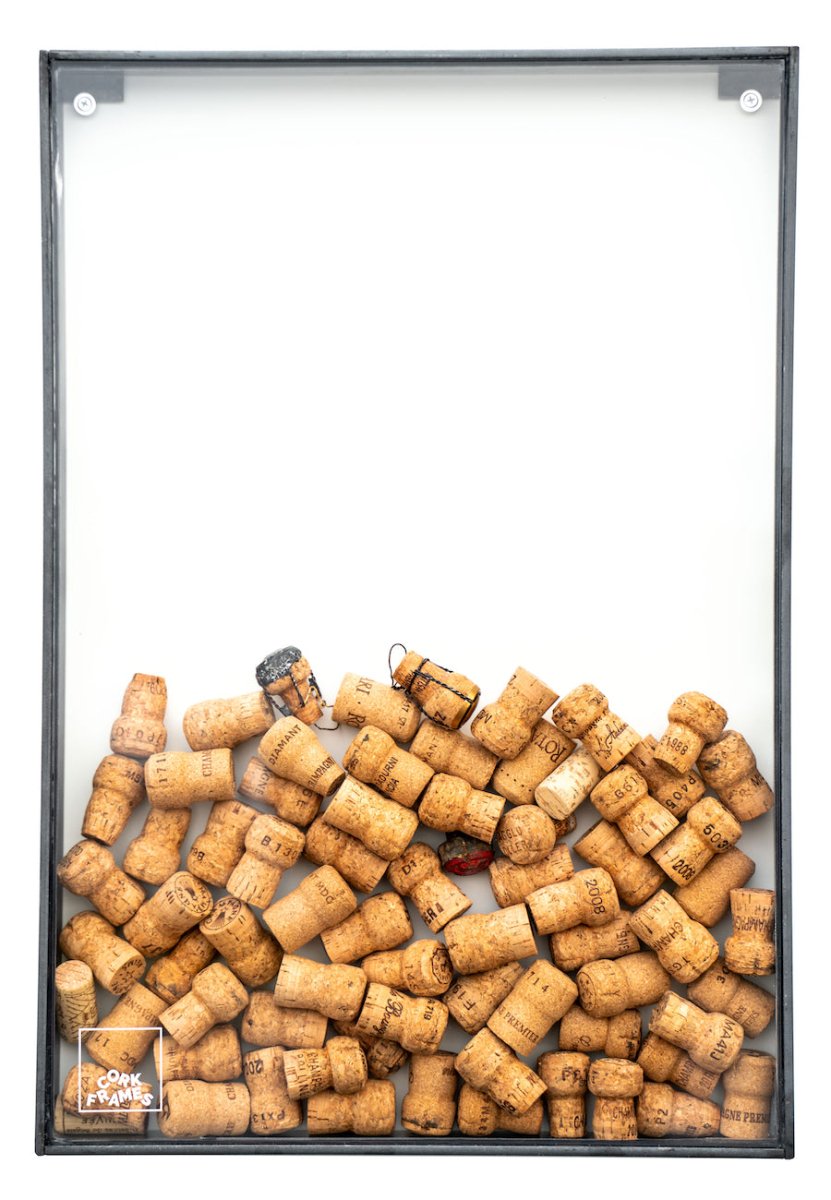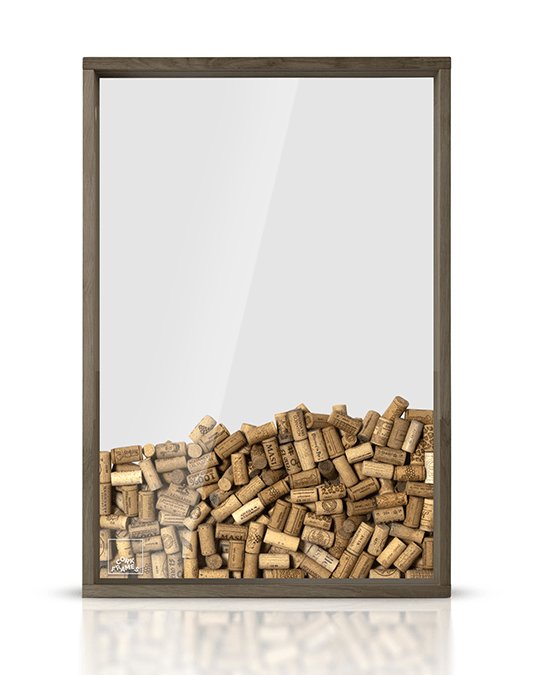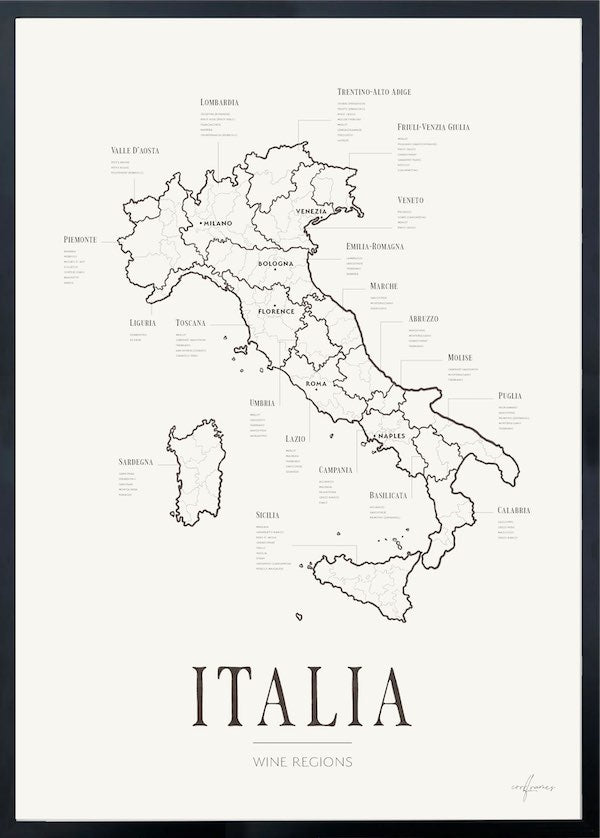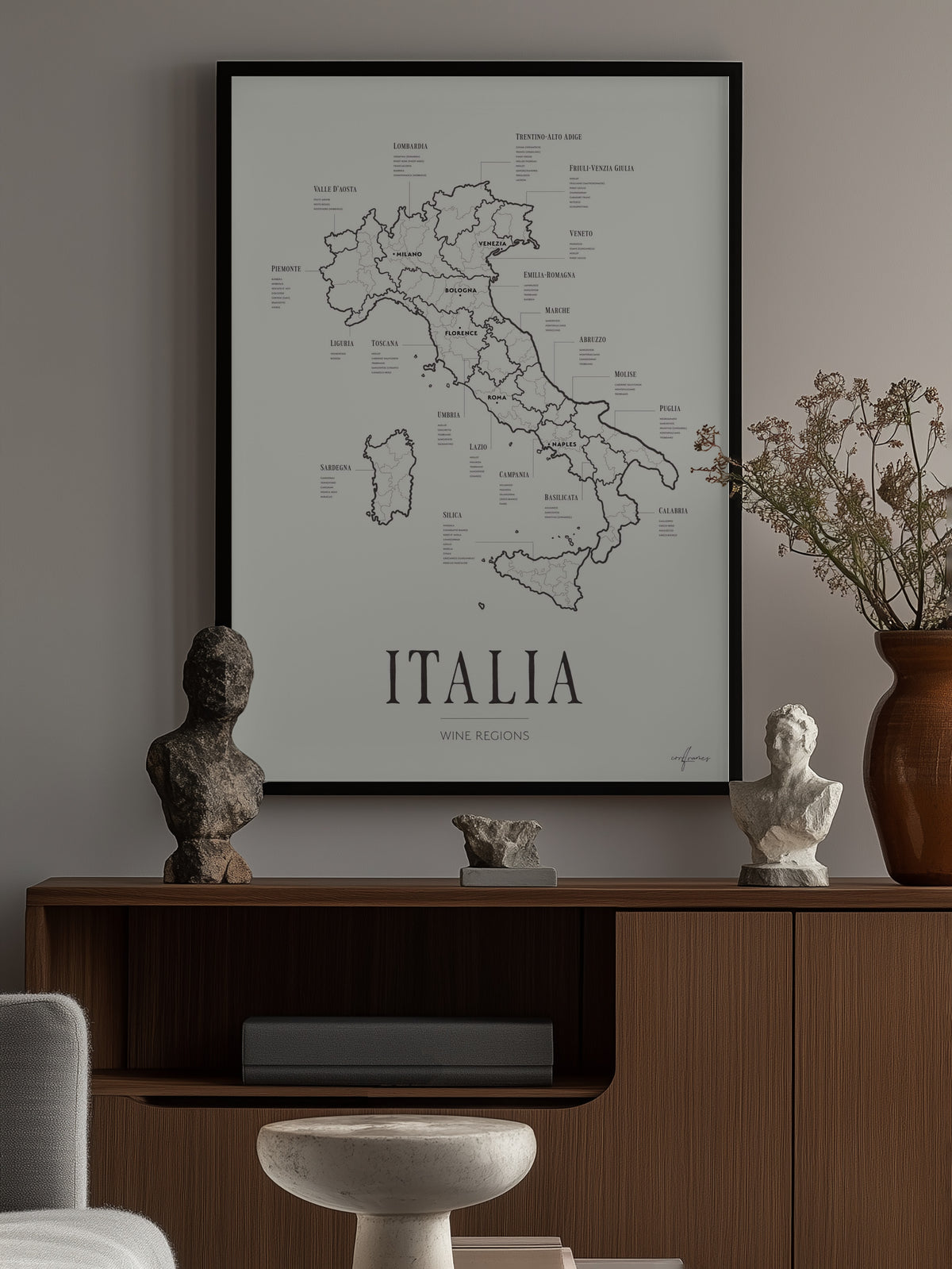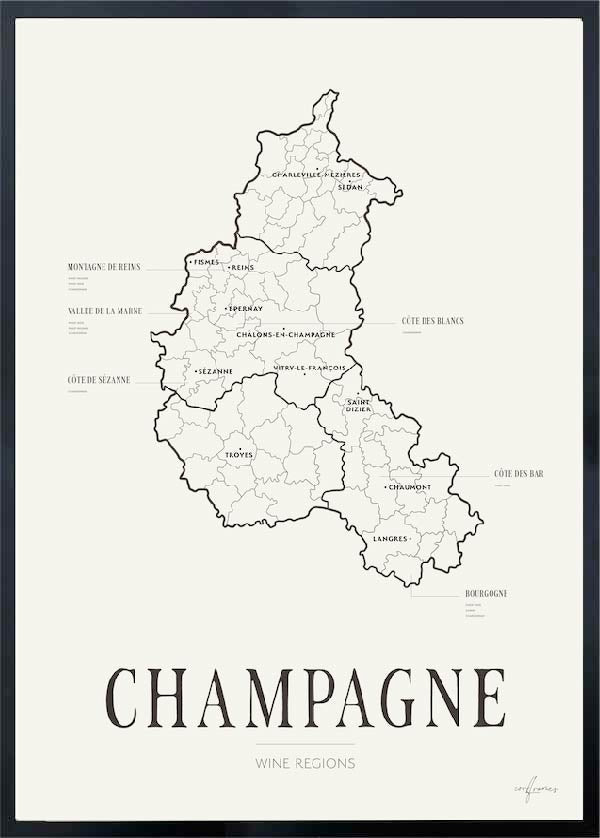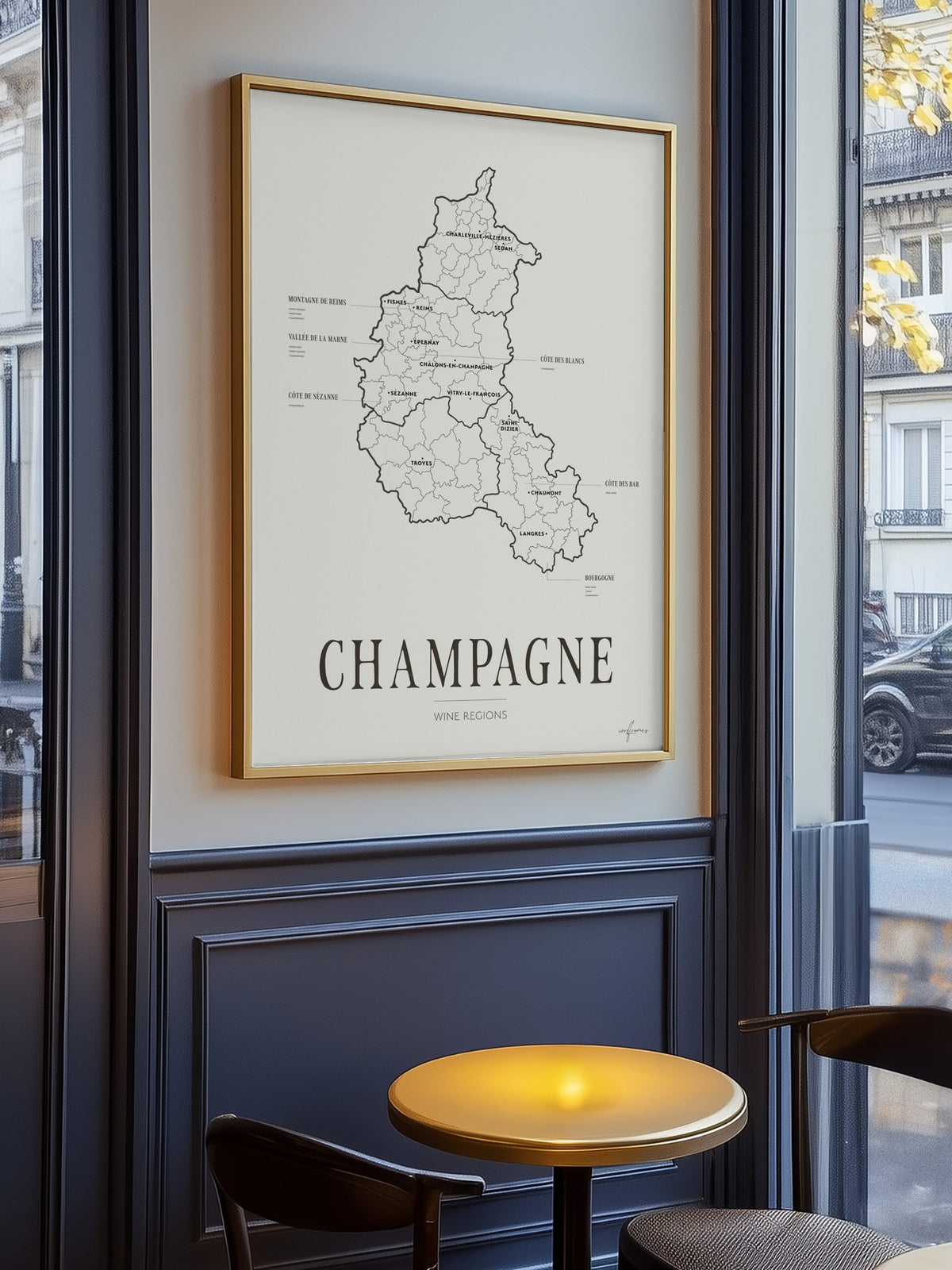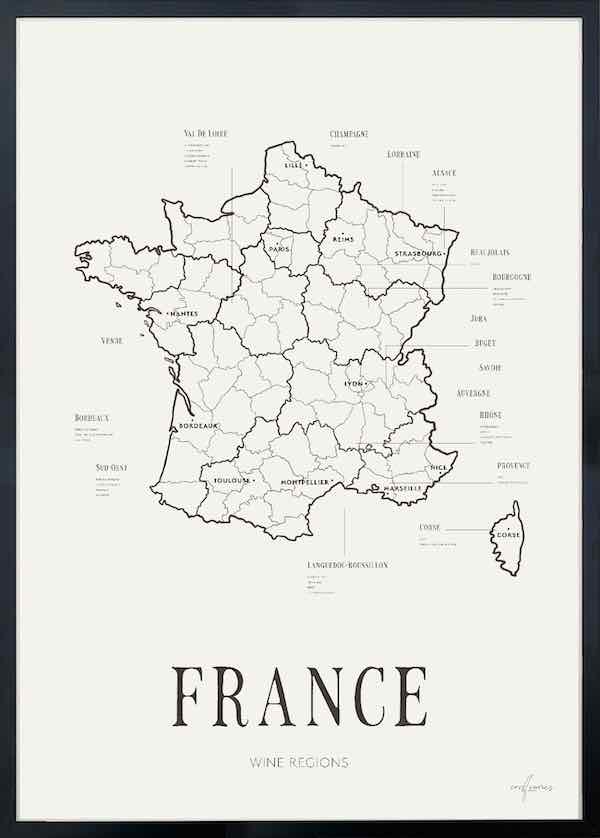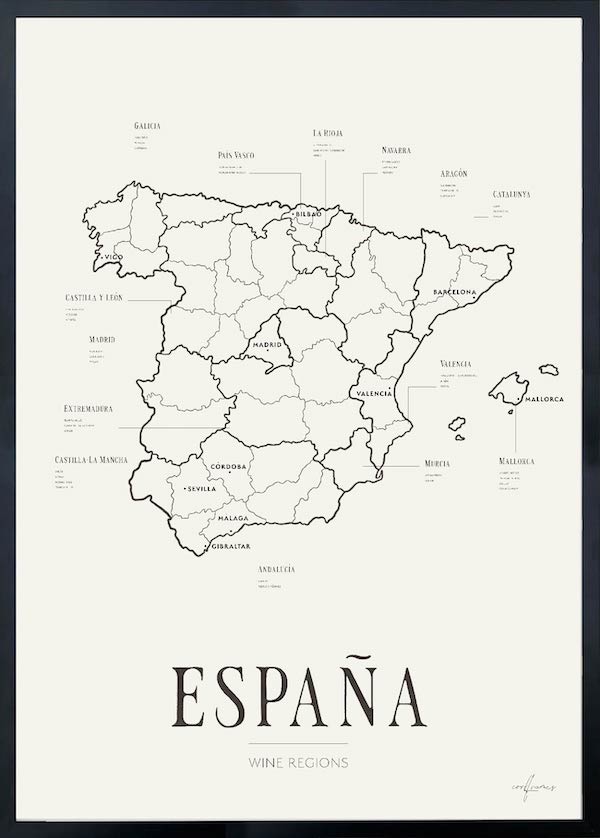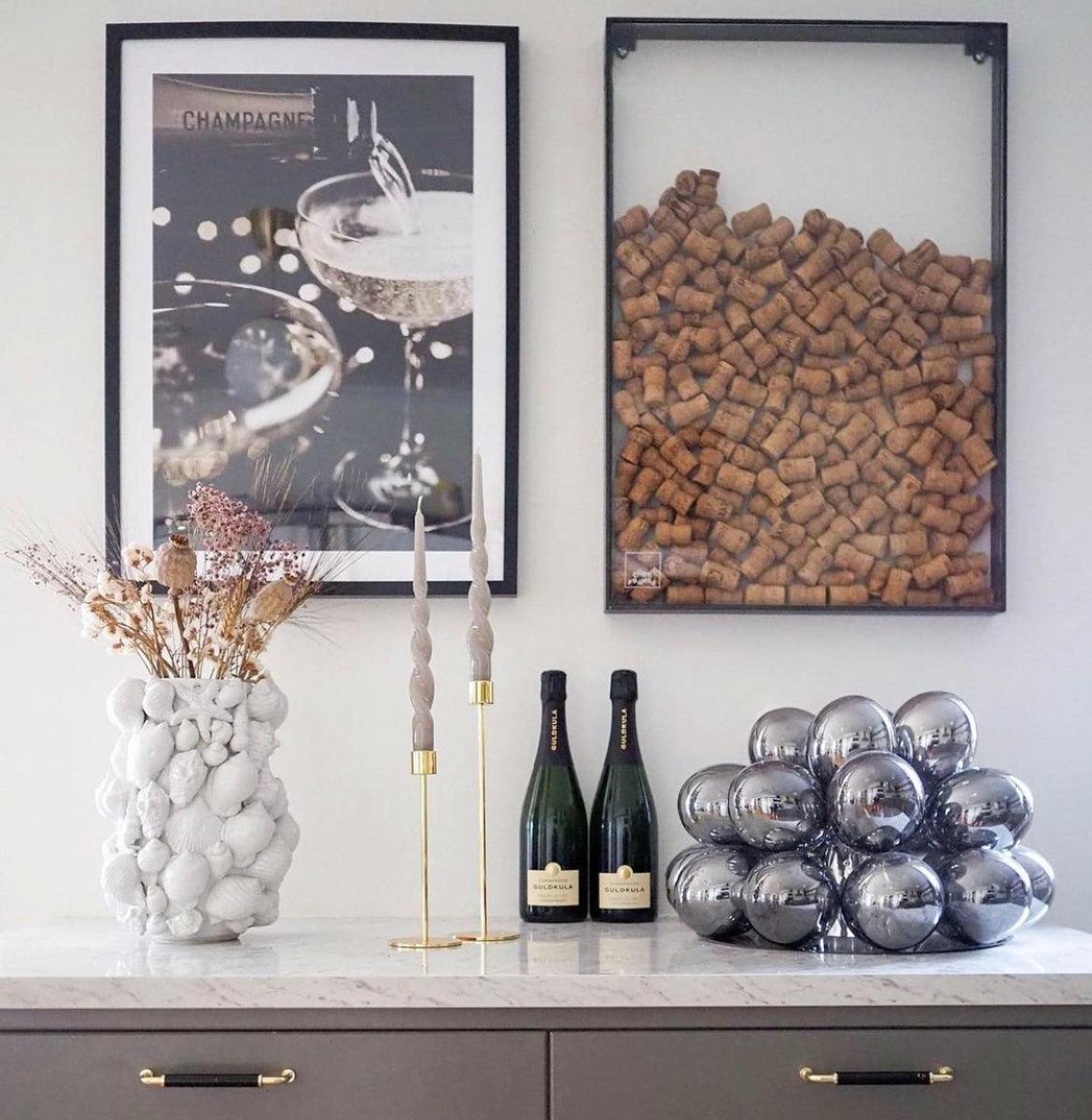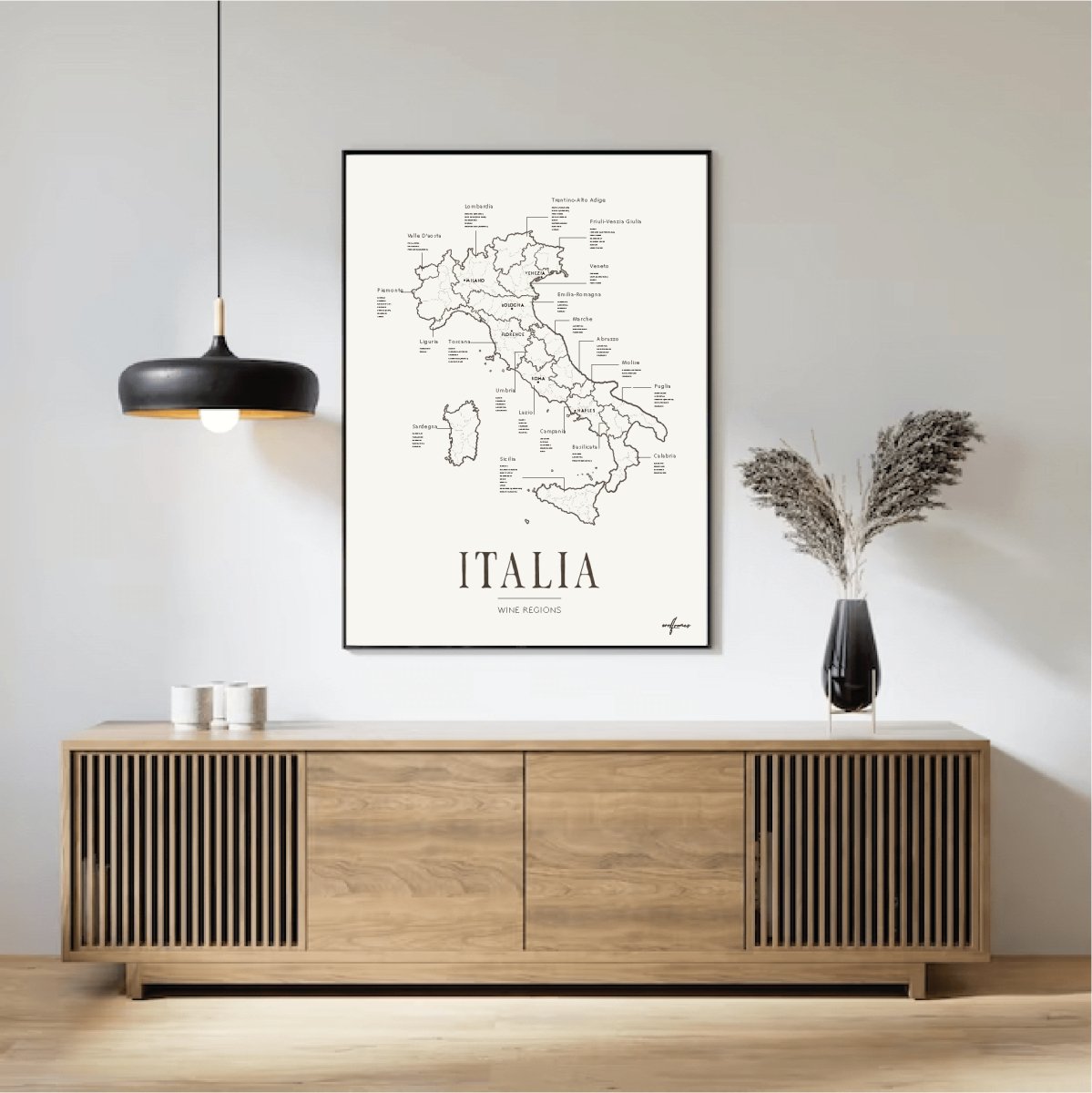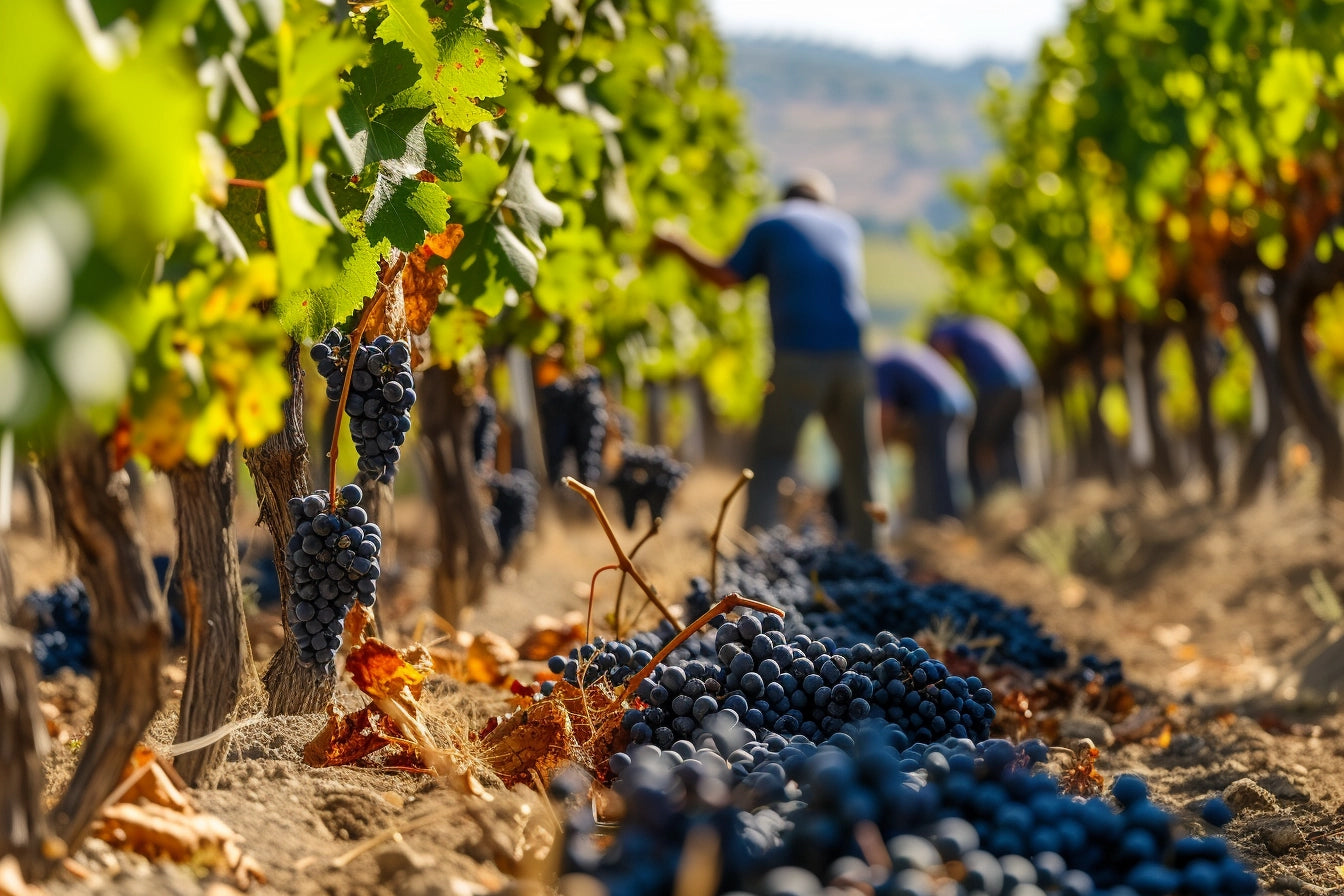Natural wine, produced with minimal human intervention and without unnecessary additives, has become one of the hottest trends in the wine world. What was once a niche practice for a few small producers has now gained significant traction, appearing on wine lists and capturing the hearts of sommeliers and consumers alike.
Natural wine is not just about drinking wine – it’s about appreciating craftsmanship, nature, and the true essence of the wine.
What is Natural Wine?
Unlike conventional wine, natural wine is made with as little human interference as possible. The fundamental principle is simple: the grapes are grown without synthetic pesticides or fertilizers, and during vinification, additives and technical manipulations are avoided.
This often includes spontaneous fermentation with wild yeasts found on the grape skins, rather than adding commercial yeasts. In addition, the use of sulfur dioxide, a common preservative in winemaking, is either minimized or omitted entirely.
In short, natural wine reflects the grape and its terroir – the geographic area and climate where the grapes are grown – in a purer, more authentic way. The result is often a wine that can vary in color, taste, and aroma from year to year, making each bottle unique.
The Process Behind Natural Wine
The central philosophy behind natural wine is to let nature take the lead. Producers who work with natural wine use traditional methods and avoid modern technological interventions. Fermentation occurs spontaneously, meaning winemakers rely on the wild yeasts present on the grapes instead of adding industrially produced yeasts. This can make the fermentation process more unpredictable, but it’s also part of the charm and authenticity of natural wine.
Another key aspect of natural wine is the handling of sulfur. Sulfur dioxide is commonly used in winemaking to stabilize the wine and prevent oxidation. However, in natural wine, the use of sulfur is either greatly limited or excluded altogether. This means the wine can be more sensitive to changes and must be handled with extra care, but many believe it also allows a more honest representation of the grapes and their origin.
Flavor Profile: Unique and Unpredictable
The flavor profile of natural wine can differ from what wine consumers are used to with conventional wines. Due to the minimal intervention and natural processes, natural wines are often more rustic and unfiltered, which can result in a slightly cloudy appearance and intense aromas. The flavors are vibrant and dynamic, often with a touch of acidity, and the wines can vary significantly between bottles and vintages.
This is part of natural wine's allure – each bottle is a new experience. There are no strict expectations, and the taste can evolve over time or depending on how long the wine has been exposed to air. For some, these variations can be challenging, but for those who appreciate a more authentic and raw wine experience, natural wine offers a taste journey full of surprises.
Why Has Natural Wine Become So Popular?
Natural wine’s popularity has exploded in recent years, largely due to the growing demand for more sustainable and authentic products. Consumers, particularly younger generations, are now more than ever seeking products that not only taste good but also have a positive impact on the environment and are made ethically. Natural wine’s roots in organic and biodynamic farming make it a natural choice for those who care about what they consume and where it comes from.
Additionally, natural wine appeals to those looking for new and exciting taste experiences. Its unpredictability and bold character offer something different from the usual – it’s not polished or conventional, but rather wild and untamed, just like nature itself.
Natural Wine and Terroir: An Expression of Place
One of the most fascinating aspects of natural wine is its ability to convey terroir – the term used in the wine world to describe the character of a place. Terroir refers to the interplay between soil, climate, and the work of the winemaker, and in natural wine, this expression is especially pronounced. Without chemicals in the vineyard or manipulative techniques in the winery, the grapes and their natural environment shine through in each bottle. This means you can literally taste where the wine comes from – from the chalky soils of Champagne to the sun-drenched slopes of Tuscany.
The Future of Natural Wine
The future of natural wine looks bright. With increasing interest in sustainability and a growing number of dedicated producers creating high-quality and interesting wines, natural wine seems to have found its place on the global wine scene. Many wine bars and restaurants around the world now offer natural wine on their lists, and specialized natural wine events and festivals are becoming more common.
There is no doubt that natural wine has changed how we view wine and winemaking. For the adventurous wine consumer, natural wine offers a journey beyond the ordinary – a chance to discover the true and raw side of wine, where every sip is a tribute to nature’s power and the winemaker’s craft.

